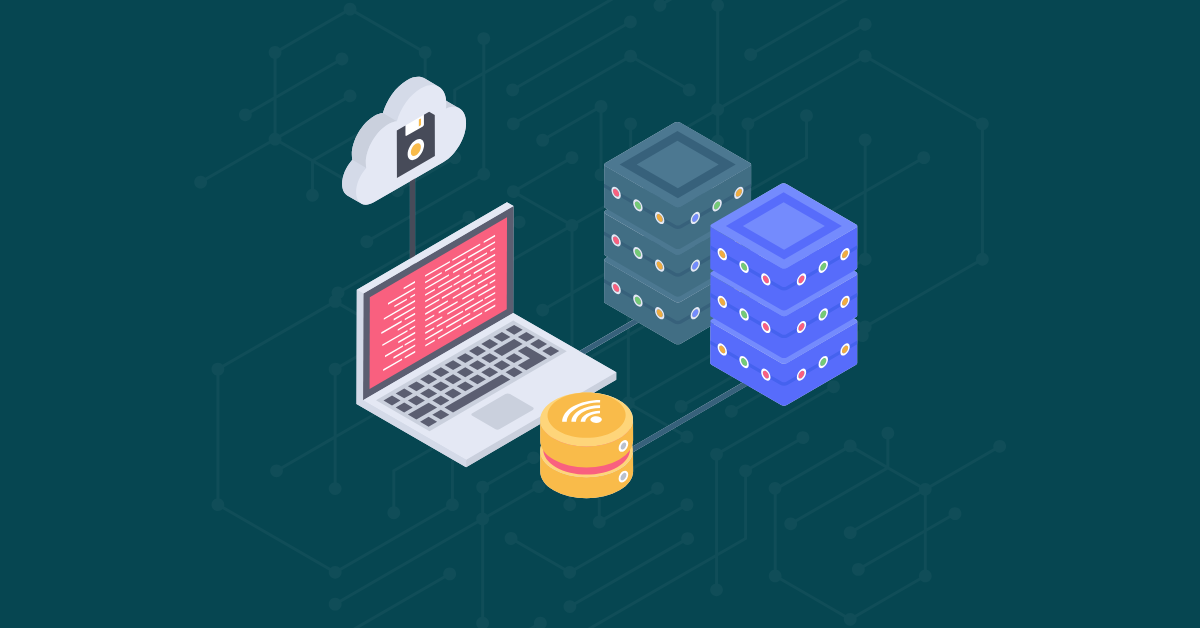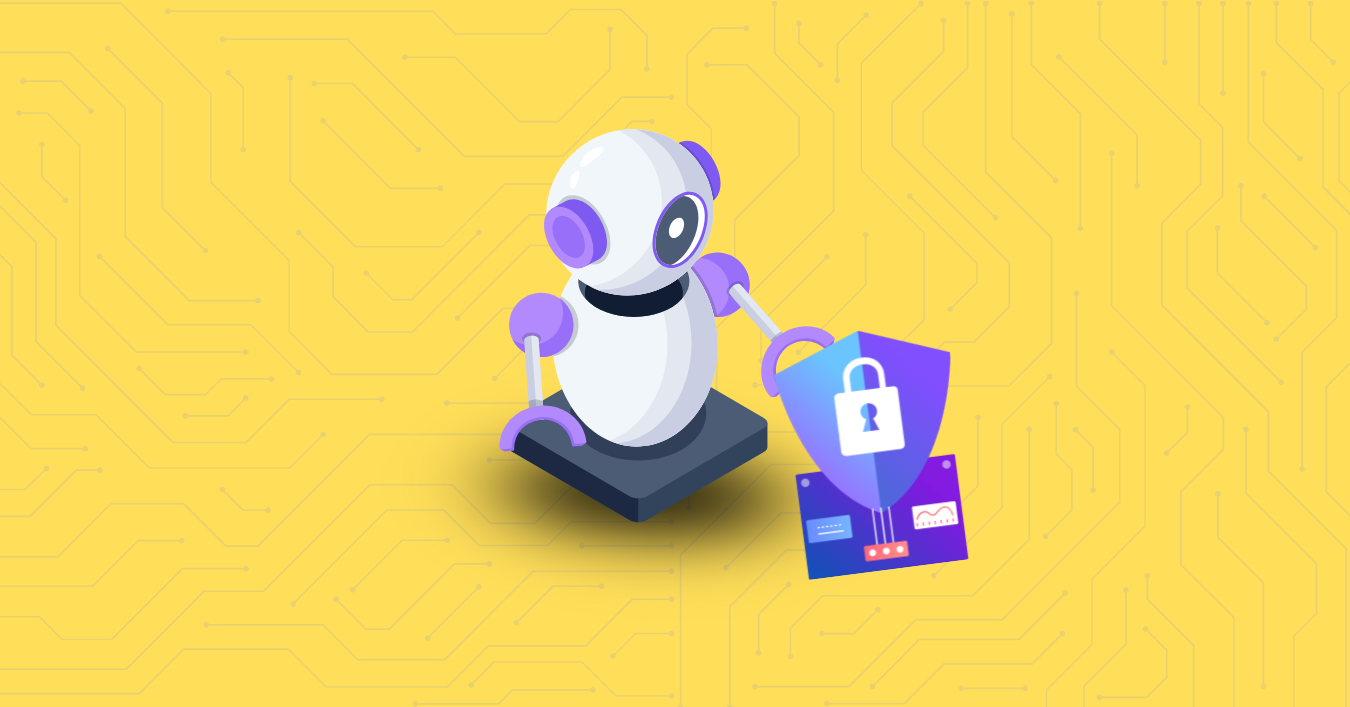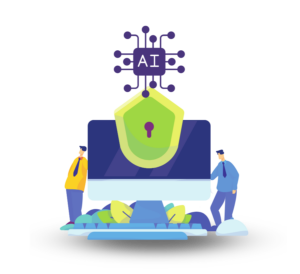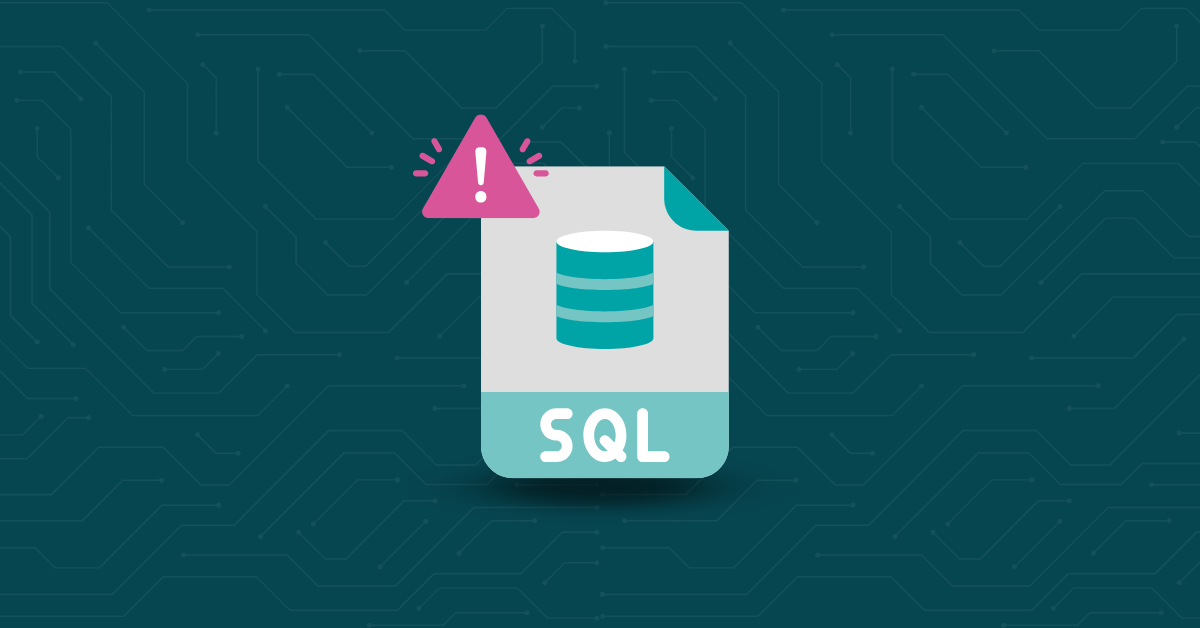

As organizations increasingly rely on digital solutions to stay competitive, the importance of application security has skyrocketed. In response to this growing need, AI is stepping into the spotlight, transforming how organizations approach application security testing with unparalleled speed and accuracy. By leveraging artificial intelligence’s ability to learn and adapt, AI is revolutionizing the detection and remediation of vulnerabilities in once unimaginable ways. This blog will explore the groundbreaking impact of AI on application security testing, unveiling how this cutting-edge technology is reshaping our defenses against ever-evolving cyber threats.

AI software programs leverage machine learning algorithms, natural language processing, and pattern recognition techniques to analyze code, identify vulnerabilities, and suggest remediation strategies. These programs learn and adapt over time, becoming more effective at detecting potential threats and vulnerabilities as they gain exposure to more data.
Here are some ways in which AI software programs are used in security testing:
AI-driven tools can automatically analyze code during the development process, identifying potential vulnerabilities and providing recommendations for remediation. This helps organizations build more secure applications from the ground up and reduces the likelihood of malicious attackers exploiting them. For instance, SAST tools use AI-driven rules and techniques to detect insecure code and suggest ways to fix it.
AI algorithms prioritize vulnerabilities based on their severity, exploitability, and potential impact. For example, an organization may have hundreds or thousands of vulnerabilities across its applications. Still, AI-driven prioritization helps security teams focus on the most critical issues first, ensuring that resources are effectively allocated and the risk minimized.
AI security tools can monitor applications and infrastructure in real-time, proactively detecting and addressing emerging threats and vulnerabilities. By continuously analyzing network traffic, user activity, and system logs, these tools can identify indicators of compromise, such as data exfiltration or command-and-control communications, helping organizations prevent attacks before they can cause damage.
AI-powered security tools can seamlessly integrate with existing DevOps and DevSecOps processes and tools, such as continuous integration and continuous deployment (CI/CD) pipelines. This facilitates a more efficient and secure software development life cycle.
AI security tools can analyze vast amounts of data in real-time, identifying patterns and anomalies that may indicate potential cyber threats. By leveraging machine learning algorithms, these tools can predict and detect emerging threats, enabling organizations to take proactive measures to mitigate risks.
AI-driven security platforms can automate aspects of incident response, such as triaging alerts, prioritizing threats, and orchestrating remediation actions. This helps organizations respond more quickly and efficiently to security incidents, minimizing potential damage.
AI security solutions can analyze user and entity behavior within an organization’s network, identifying anomalies that may indicate potential insider threats or compromised accounts. For example, these tools can detect unusual data access patterns, login attempts from unfamiliar locations, or sudden changes in user privileges, enabling organizations to respond quickly to potential security incidents. By detecting suspicious activity in real-time, organizations can mitigate risks associated with insider threats and data breaches.
AI is revolutionizing the field of application security testing by offering several advantages over traditional methods. These benefits include:
AI-powered security tools can analyze vast amounts of code in a fraction of the time it would take human experts. This enables organizations to identify and remediate vulnerabilities more quickly, reducing the risk of exploitation and potential damage.
By leveraging machine learning algorithms and large datasets, AI security tools can detect vulnerabilities with greater accuracy and fewer false positives than traditional methods. This helps organizations focus on genuine threats and avoid wasting resources on false alarms.
As organizations grow and their digital infrastructure becomes more complex, managing application security can become overwhelming. AI security tools can easily scale to accommodate expanding infrastructures, ensuring all applications are thoroughly tested and secure.
AI-powered security tools can learn from new data and adapt their models accordingly. This enables them to stay up-to-date with the latest threats and vulnerabilities, providing organizations with cutting-edge protection against emerging risks.
Given the numerous advantages of AI in application security testing, businesses need to recognize its potential and adopt these advanced tools. Here are some compelling reasons why companies should adopt AI:
With cyber threats becoming increasingly sophisticated and diverse, organizations must stay ahead of potential risks. AI security tools can help businesses proactively identify and address vulnerabilities before malicious actors can exploit them, reducing the likelihood of costly data breaches and reputational damage.
As governments and industry bodies introduce stricter data protection and privacy regulations, businesses must ensure that their applications and infrastructure comply with these standards. AI security tools can help organizations demonstrate compliance by identifying and remediating vulnerabilities that could lead to non-compliance.
By adopting AI security tools, businesses can improve the security of their applications, instill trust in their customers, and gain a competitive edge over rivals who may not have taken the necessary steps to safeguard their digital assets.
AI-powered security tools can help organizations optimize resources by automating repetitive tasks, reducing human error, and enabling security teams to focus on more strategic initiatives.
The impact of AI on application security (AppSec) testing has been transformative, offering numerous advantages in terms of speed, efficiency, accuracy, and adaptability. As the cyber threat landscape continues to evolve, organizations must stay ahead of potential risks by harnessing the power of AI-driven tools that can proactively detect and remediate vulnerabilities, ultimately safeguarding their digital assets and maintaining a strong security posture.
One solution organizations can leverage is Kiuwan. Kiuwan is a comprehensive code security platform designed for mobile and web application development, offering two key products: Code Security (SAST) and Software Composition Analysis (SCA). By integrating Kiuwan’s static application security testing (SAST) capabilities, organizations can automatically analyze their code during the development process, identifying potential vulnerabilities and providing recommendations for remediation. Kiuwan’s Software Composition Analysis (SCA) also helps organizations identify and manage open-source components and third-party libraries, ensuring compliance with licensing requirements and minimizing security risks associated with outdated or vulnerable components. To see how our product works, click the Demo button below. ⬇️


